Did you know that some of the most powerful healing plants grow quietly under our feet—often mistaken for weeds? One of these overlooked treasures is goose grass (Galium aparine), a common plant found in fields, gardens, and even roadsides. While most people pull it out and throw it away, traditional herbalists across Europe, Asia, and North America have valued goose grass for centuries.
Packed with nutrients and natural compounds, goose grass has been used in folk remedies for kidney health, detoxification, inflammation, and even skin issues. Yet, despite its long history, very few people today realize how powerful this plant can be.
In this article, we’ll explore the surprising benefits of goose grass, how to prepare it safely, and real-life stories of people who have used it to support their health. By the end, you’ll understand why this humble weed might deserve a permanent place in your kitchen or herbal cabinet.
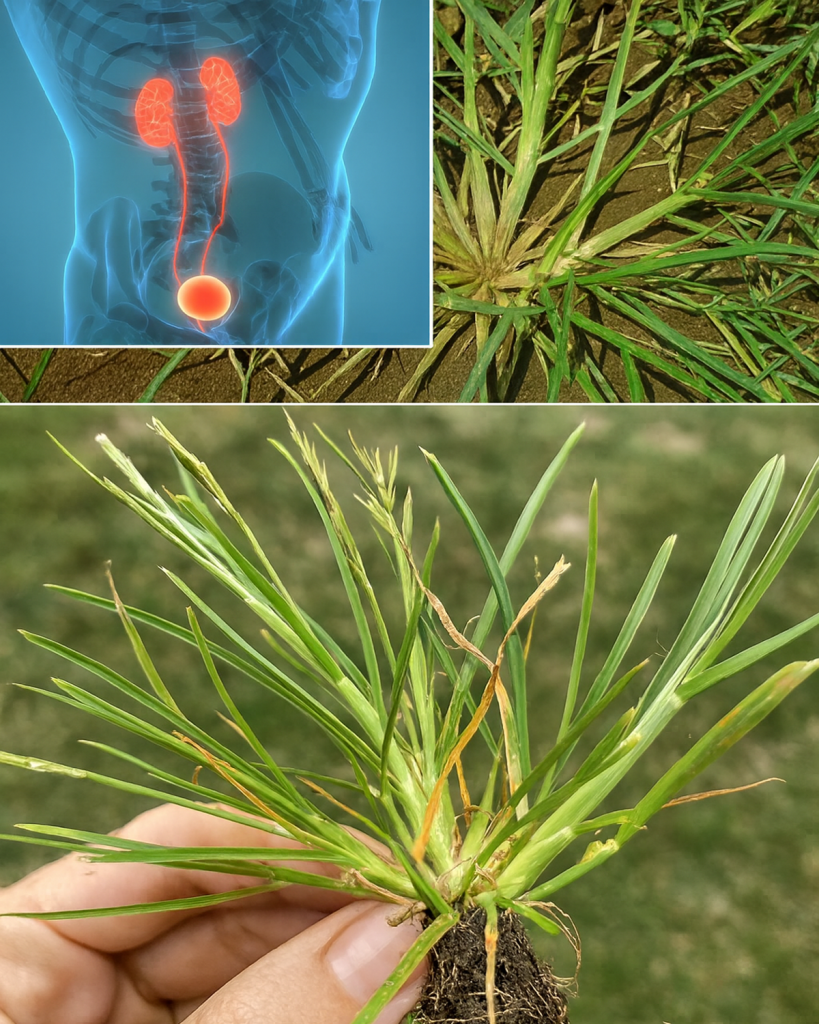
What Makes Goose Grass So Special
Goose grass, also called cleavers, sticky weed, or catchweed, contains a variety of beneficial compounds:
- Flavonoids – Natural antioxidants that protect cells from damage
- Iridoids – Known for anti-inflammatory effects
- Tannins – Traditionally used for wound healing and digestive health
- Vitamin C – Supports immunity and skin repair
- Chlorophyll – Aids detoxification and cleansing
For centuries, healers have used goose grass as a spring tonic to “clean the blood” and restore vitality after long winters.
8 Powerful Benefits of Goose Grass
1. Supports Kidney and Urinary Health
Goose grass is believed to act as a natural diuretic, helping the body flush excess fluids and toxins. Herbal teas made from the plant have long been used to soothe urinary discomfort.
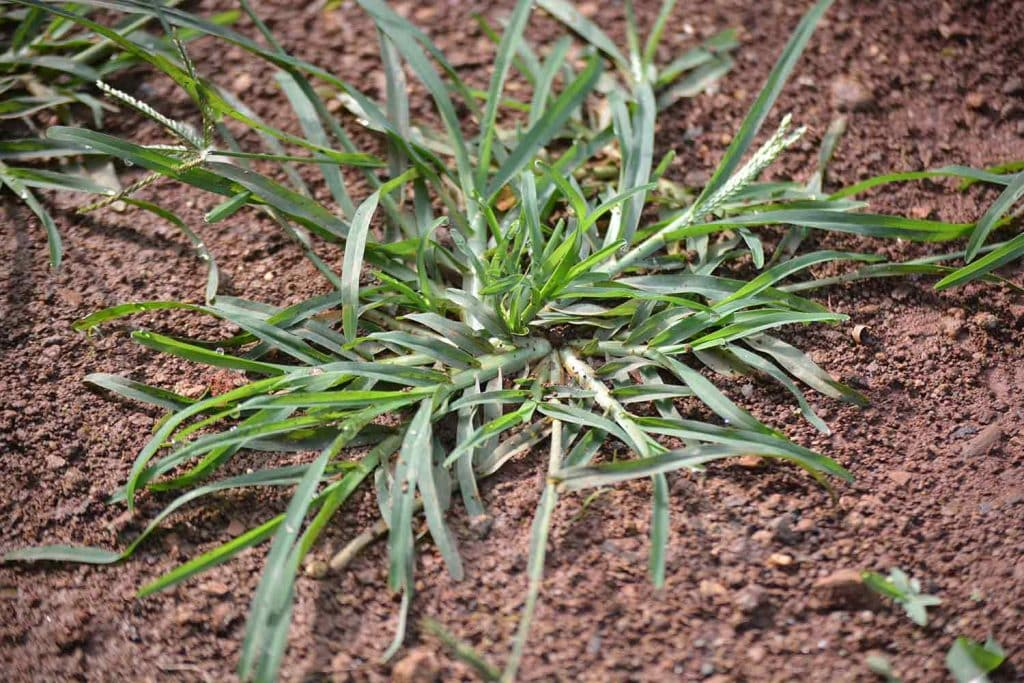
2. Aids Detoxification
Its chlorophyll-rich content makes goose grass a gentle detox herb, supporting the liver and lymphatic system.
3. Reduces Inflammation
Thanks to flavonoids and iridoids, goose grass may ease inflammation in joints and tissues. Some people use poultices made from fresh leaves to calm swollen skin.
4. Promotes Skin Healing
Applied topically, goose grass has been used in folk medicine for cuts, rashes, eczema, and acne. Its natural tannins may help tighten skin and reduce irritation.
5. Boosts Immunity
With its vitamin C and antioxidant profile, goose grass may strengthen the immune system against seasonal illnesses.
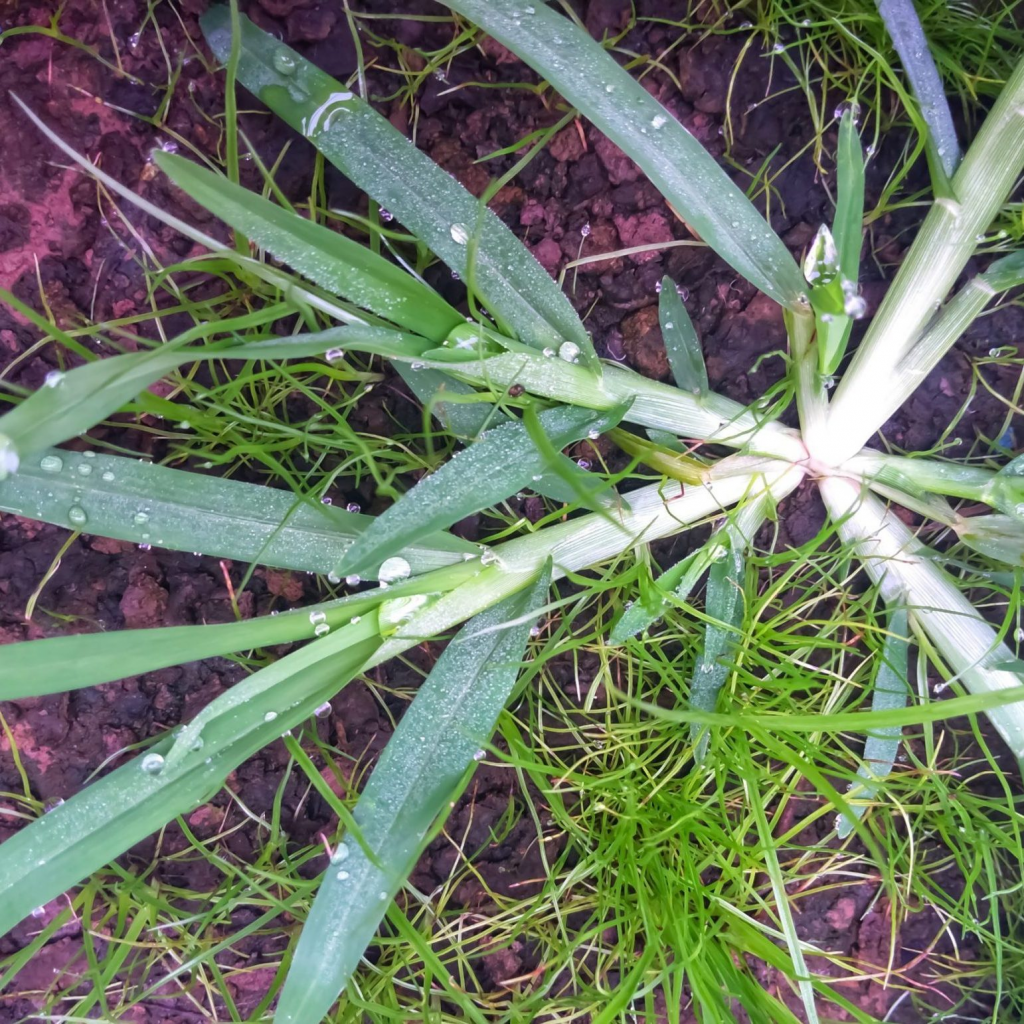
6. Improves Digestion
Traditional remedies used goose grass tea to soothe indigestion, bloating, and sluggish bowels.
7. Supports Weight Balance
As a detoxifying, fluid-flushing herb, goose grass can complement a healthy lifestyle aimed at weight management.
8. Enhances Energy and Vitality
By supporting circulation, detox, and digestion, many herbalists describe goose grass as a natural “spring energizer.”
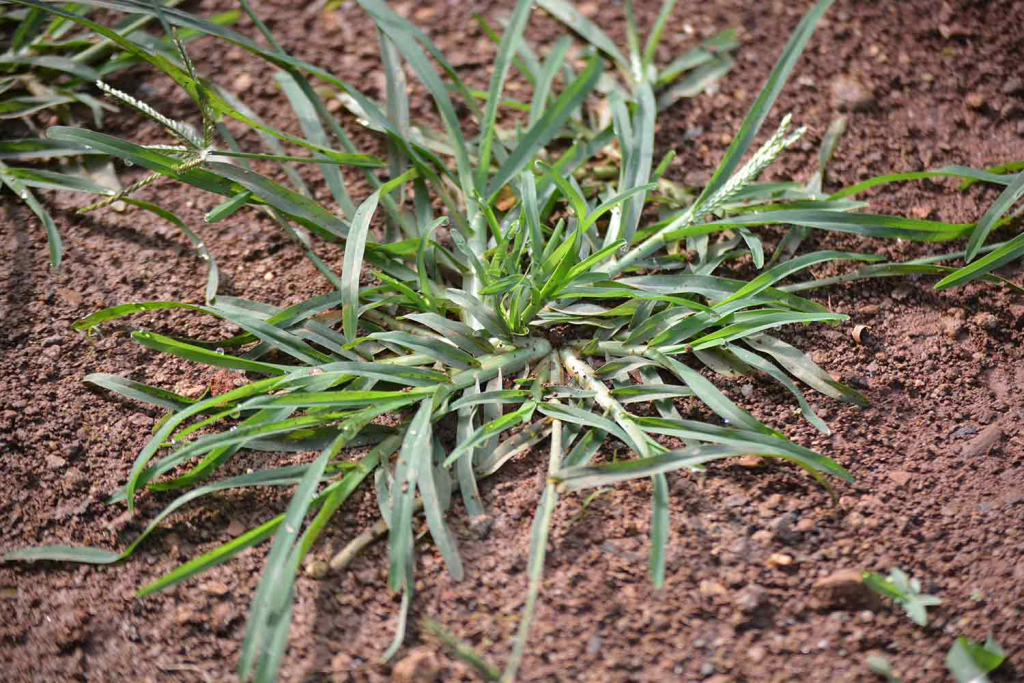
How to Prepare Goose Grass
| Method | Preparation | Benefits |
|---|---|---|
| Herbal Tea | Steep 2 teaspoons dried goose grass in hot water for 10 minutes | Detox, kidney, digestion |
| Fresh Juice | Blend young leaves with water, strain, and drink immediately | Energy, cleansing |
| Poultice | Crush fresh leaves and apply to affected skin | Calms rashes, irritation |
| Tincture | Steep fresh plant in alcohol for several weeks | Concentrated herbal remedy |
Tip: Always harvest goose grass from clean, pesticide-free areas.
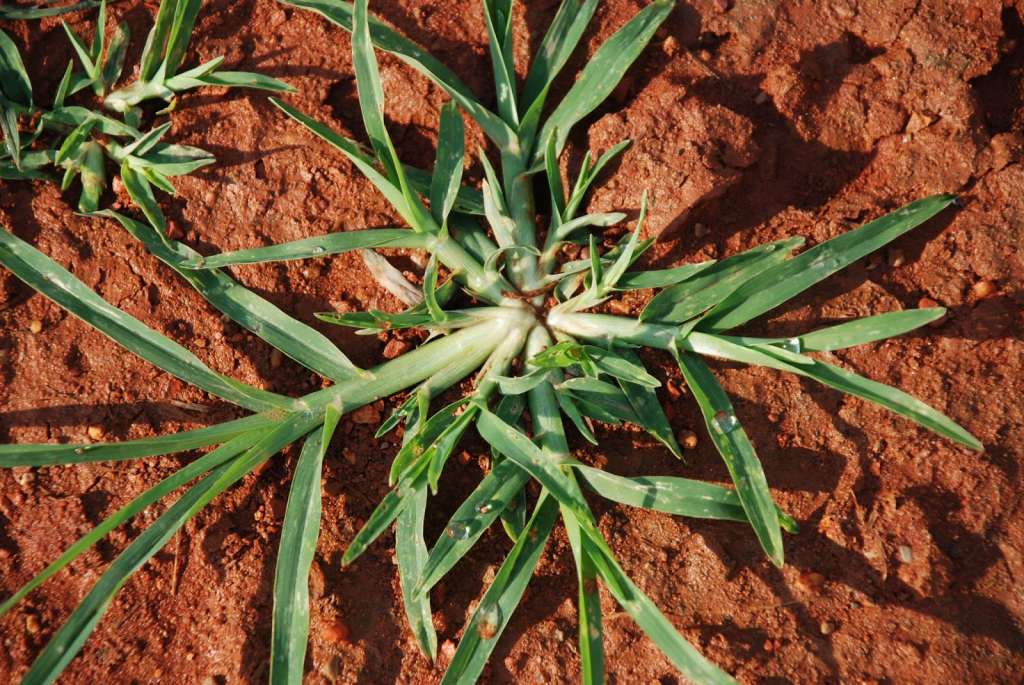
Real-Life Experiences
- Anna, 46: Struggled with water retention during hot summers. Drinking goose grass tea three times a week helped reduce swelling in her feet.
- James, 52: Used goose grass poultices on eczema patches. Within two weeks, his skin looked calmer and less irritated.
- Lan, 38: Added goose grass juice to her detox smoothies. She reported improved digestion and lighter energy.
Safety and Precautions
- Goose grass is generally safe when used in moderate amounts.
- Pregnant and breastfeeding women should consult a doctor before use.
- People with kidney disease or on diuretics should avoid excessive intake.
- Always start with small doses to test your body’s response.
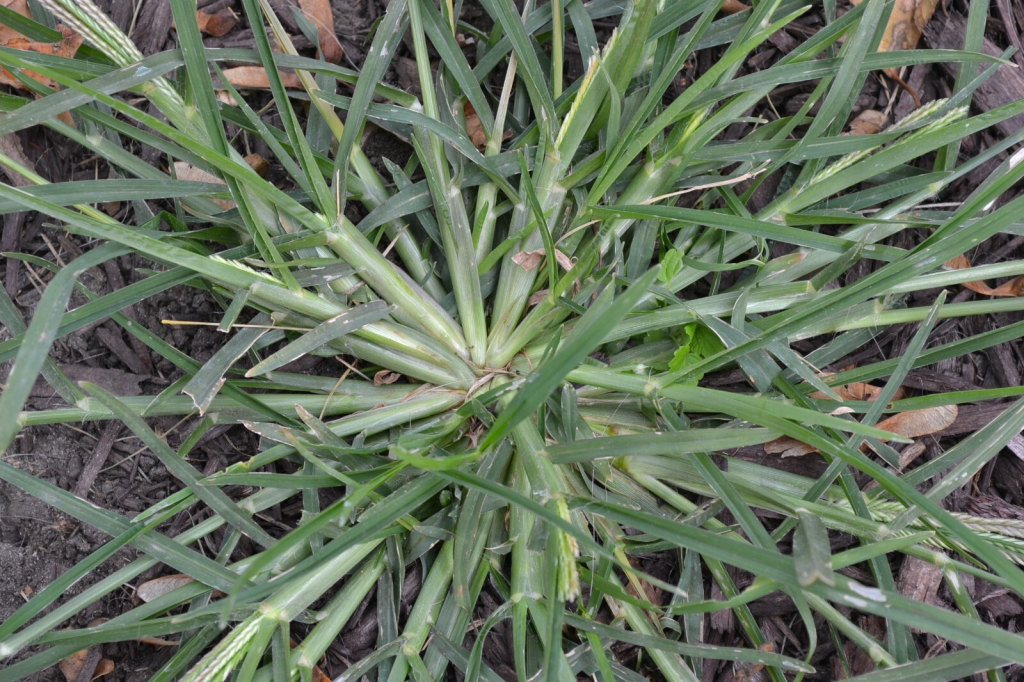
Conclusion
Is goose grass really more than a weed? Yes—herbal traditions and modern insights suggest it may support kidneys, detox, skin, and overall vitality.
Can I drink it daily? Moderate use, such as tea a few times a week, is typically well tolerated.
Will it replace medical treatment? No, but it can complement a healthy lifestyle and professional care.
Final note: This article is for informational purposes only and does not replace professional medical advice. Always consult a healthcare provider for personalized guidance.




